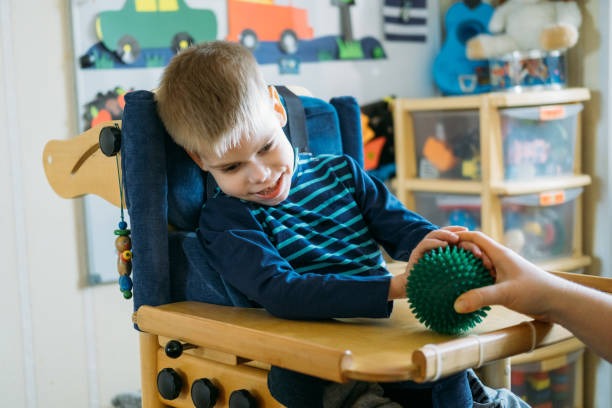Nurturing Independence: Special Needs Support
Supporting the Development of Independence and Life Skills in Children with Special Needs
PARENTING
Sherry Jones
2/20/20242 min read


Children with special needs require extra support and guidance to develop independence and essential life skills. By understanding their individual needs, creating a supportive environment, and building effective communication skills, we can empower these children to thrive and reach their full potential.
Understanding Individual Needs
Each child with special needs is unique, with their own set of strengths, challenges, and learning styles. It is crucial to take the time to understand their individual needs and abilities. This understanding allows us to tailor our approach and provide appropriate support.
Collaborating with parents, caregivers, and professionals who work with the child can provide valuable insights into their specific needs. By gathering information and observing the child in different settings, we can identify their strengths, interests, and areas where they may require additional support.
Creating a Supportive Environment
A supportive environment plays a vital role in helping children with special needs develop independence. This environment should be safe, inclusive, and structured, providing opportunities for the child to explore and learn at their own pace.
Adapting the physical environment to meet the child's needs is essential. This may involve making modifications to the layout, providing assistive technology, or creating visual supports. By removing barriers and ensuring accessibility, we enable the child to navigate their surroundings independently.
In addition to the physical environment, emotional support is equally important. Building positive relationships with the child and fostering a sense of belonging and acceptance can boost their confidence and motivation. Celebrating their achievements and providing constructive feedback further encourages their growth and development.
Building Communication Skills
Effective communication is key to supporting children with special needs. It enables us to understand their needs, provide clear instructions, and promote social interaction. By building communication skills, we empower the child to express themselves and engage with others confidently.
Using visual aids, such as pictures, symbols, or sign language, can enhance communication for children with language difficulties. Breaking down complex information into simpler, bite-sized pieces and using visual supports can aid comprehension and promote effective communication.
Encouraging active listening and providing opportunities for the child to practice their communication skills in different contexts fosters their independence. This may involve engaging in conversations, participating in group activities, or using appropriate social cues.
Conclusion
Supporting the development of independence and life skills in children with special needs requires a holistic approach. By understanding their individual needs, creating a supportive environment, and building effective communication skills, we can empower these children to overcome challenges and lead fulfilling lives. Together, we can help them reach their full potential and thrive.
Contact
Email: contact@beyondlabelreads.com
Socials
WhatsApp: 07840005489
